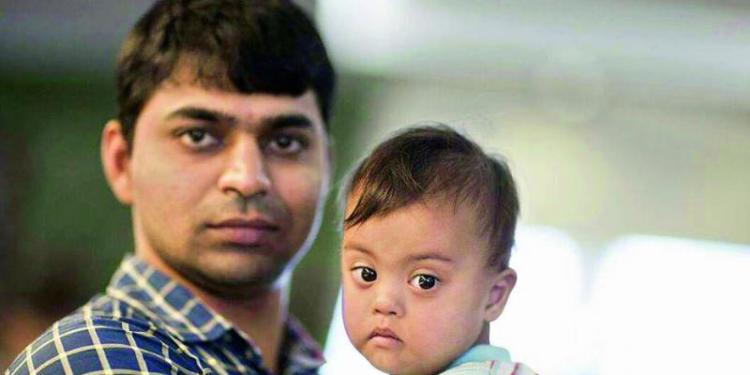Parental leave has long been a debated question in labor laws, welfare policies, the role of mother and father in a children’s life. However, the debate has long been skewed in favor of maternity leave. The role of mother and father was never treated equally in the lives of babies. Nordic countries (Iceland, Sweden, Denmark, and Finland) were the first one to take initiative in this regard. The Central government has made an announcement that Male employees who are a single parent to the dependent children now can avail a child care leave (CCL) of total 730 days during their entire period of service. Earlier this benefit was limited to only female employees.
A single male parent is defined as ‘an unmarried or widower or divorcee government servant’. The number of such people is limited but this would change the dominant mindset of treating mother as a sole caretaker of a child. The private companies could also follow the precedent in future. The male parents would be given 100 percent salary in the first year while 80 percent in second 365 days. Earlier the leave for male parents was limited to 15 days. “A female government servant and single male government servant may be granted child care leave by an authority competent to grant leave for a maximum period of 730 days during entire service for taking care of two eldest surviving children, whether for rearing or for looking after any of their needs, such as education, sickness and the like,” said an order by Department of Personnel & Training (DoPT).
The benefits were recommended in the Seventh Pay Commission report, “The commission notes that in the event a male employee is single, the onus of rearing and nurturing the children falls squarely on his shoulders. Hence, an extension of CCL to single male parents is recommended,” as per the report.
India does not have any paternity leave provisions under labor laws although some companies do provide it. Mothers have the legal right to 26 weeks of paid maternity leave after the amendment in 2017 under the Maternity Benefit Act, 1961. As per Unicef analysis “India is among almost 90 countries in the world without national policies in place that ensure new fathers get adequate paid time off with their newborn babies.” Our laws regarding paternity leave are as obscure as that of Nigeria. The studies have repeatedly pointed out that the presence of father positively impacts the mental health and self-esteem of a child.
Gender pay gap, which is among the most important issues of labor laws and society, could also be solved through equal parental leave to mother and father. The Gender pay gap data shows that there is a strong negative correlation between equal parental leave and gender pay gap. And the most important thing is that correlation is not limited to the pay gap, the overall gender gap is also strongly correlated to equal parental leave. The bottom five countries in global gender gap index are Iceland, Finland, Norway, Rwanda, and Sweden. The African country Rwanda appears in the list due to Rwandan genocide in which an estimated 5 lakh to 20 lakh people (most of them were men) were killed. Therefore women workforce became necessary for the economy. So, the right way to achieve gender equality is the ‘Nordic way’.

























